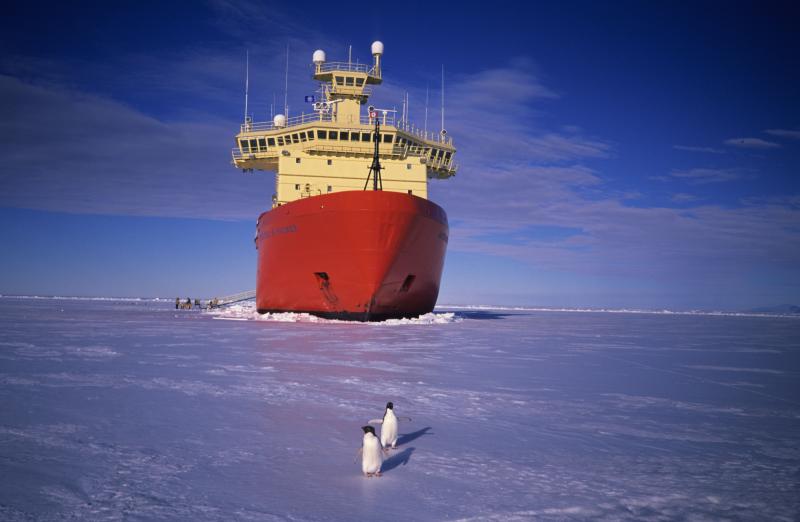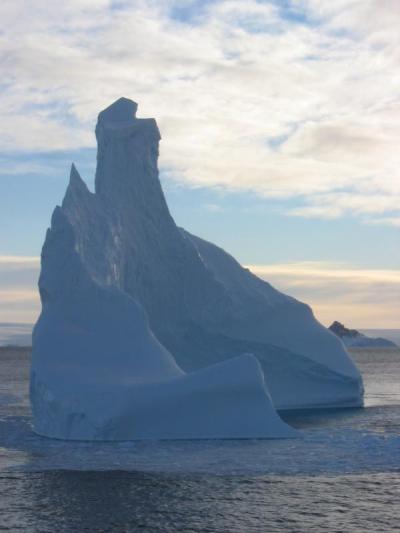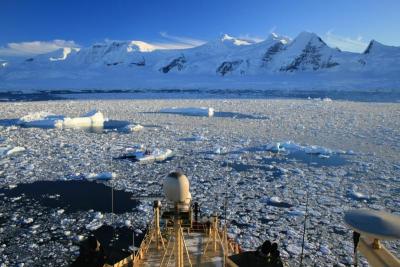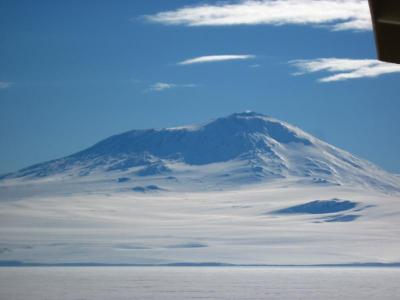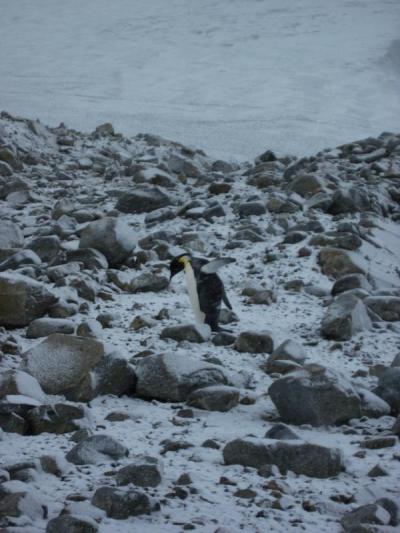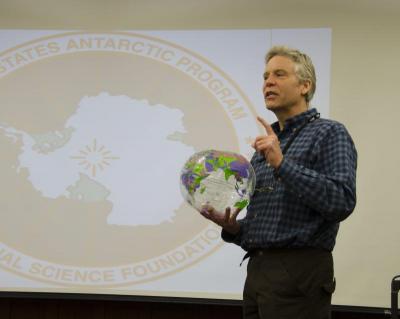Out to sea with Antarctic traveler Alan Hickey
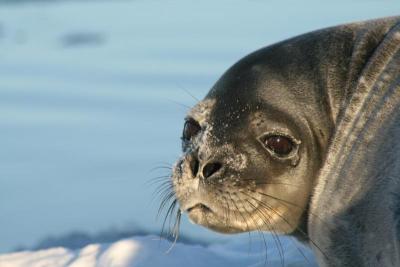
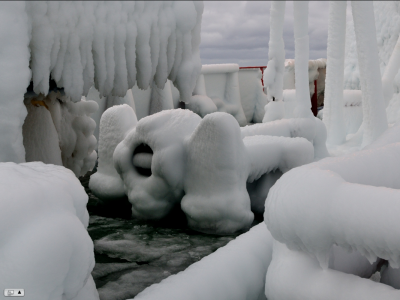
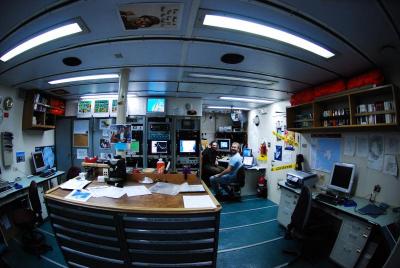
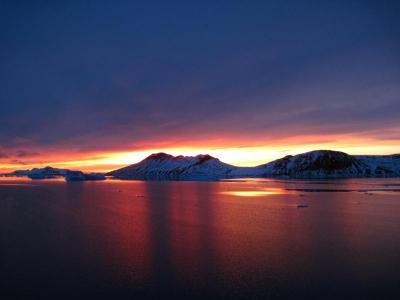
Believe it or not, Alan Hickey says he’s colder in Mattapoisett than Antarctica.
“I’ve gotten used to the cold. You dress for it,” said Hickey, who has been going to the frozen continent since 1995. “I feel it more when I come home.”
Hickey specializes in logistics for scientific voyages to Antarctica.
A marine biology major, he boarded his first research vessel while working at Fairhaven Marina.
“A government research ship was pulling in and out. They brought me aboard and had me fill out an application on the spot,” said Hickey.
Two weeks later, the recent college graduate boarded a ship working in Buzzard’s Bay. From there he transferred to a larger ship that took him halfway around the world, worked his way up to captain on a tall ship, and trained kids with learning disabilities on the Mediterranean. If that weren’t enough, Hickey also became a chiropractor.
But, said Hickey, “I had the itch to go back to sea.”
That itch eventually lead him to a job as a Marine Projects Coordinator with Lockheed Martin, which has a government contract with the United States Antarctic Program.
With his position, Hickey “facilitates making science happen” by preparing everything that will be needed to get to Antarctica.
Once it’s time to set sail, Hickey, the captain, crew, and a team of scientists board an “ice breaker” in Chile and head for Antarctica where winter temperatures can fall to -80 degrees.
The trip can get rough, said Hickey. Hurricane force winds can kick up without warning, boats can tip over in the ice, and fires can erupt with no other vessels close by.
“If you wanted to eliminate all risks, you’d stay tied up at the dock,” he said.
Living on a boat for three to eight weeks isn’t for everyone, said Hickey, but he enjoys the intense hours and the company on-board.
Hickey has worked with scientists studying everything from global warming to fish with blood like antifreeze.
While many of his trips stay near the Antarctic Peninsula on the western side of the continent, Hickey has also traveled inland to the South Pole. And, of course, he’s spent some time watching the wildlife.
“The first time I went to a penguin colony, I watched them for four hours,” he said. “They’re adorable.”
Hickey’s next trip is scheduled for mid-June. Almost two decades since his first trip, he is still fascinated by the “white dessert.”
“Being able to go down there in the first place, I consider a privilege,” he said. Adding, “The first time breaking through ice, there’s not reference point for it. It’s incredible.”



